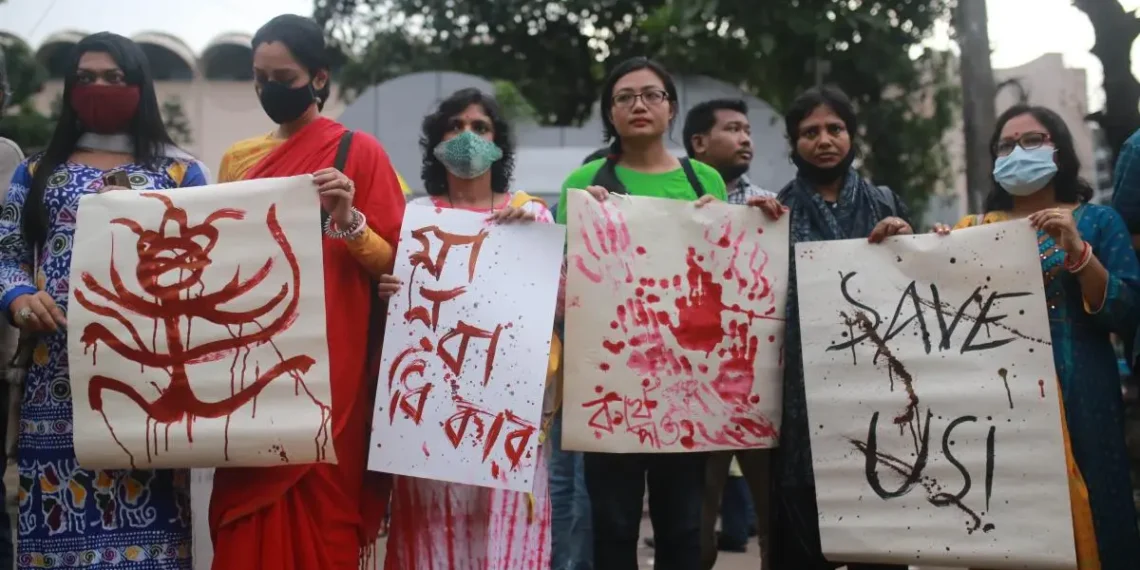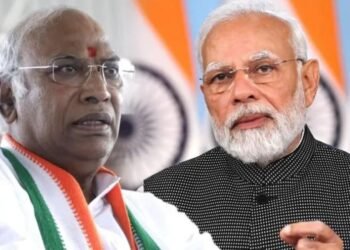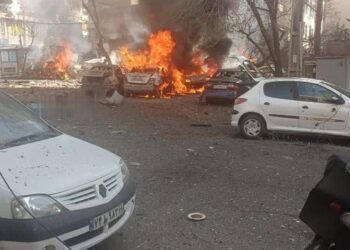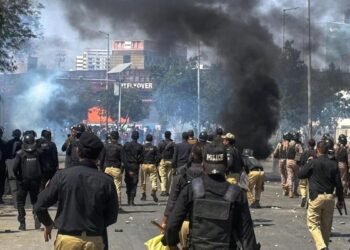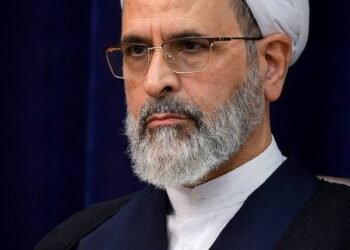Bangladesh’s inquiry commission uncovers startling evidence of cross-border detainee exchanges and enforced disappearances, implicating top officials and recommending sweeping reforms. Dive into the explosive revelations that toppled a 16-year regime and ignited the Monsoon Revolution.
BY PC Bureau
A Bangladeshi inquiry commission has implicated India in the enforced disappearances of individuals during the regime of deposed Prime Minister Sheikh Hasina. The commission, headed by retired Supreme Court Justice Mainul Islam Chowdhury, allegedly found evidence suggesting that some Bangladeshi citizens may still be imprisoned in Indian jails.
A report by the state-run Bangladesh Sangbad Sangstha (BSS) has cited “persistent suggestions” within law enforcement circles and instances like the abduction of Shukhranjan Bali from the Supreme Court and the case of BNP leader Salahuddin Ahmed, who recounted imprisonment in a “TFI” (Task Force for Interrogation) facility. The commission visited the suspected TFI center, finding it decimated but still under the control of the Rapid Action Battalion (RAB) Intelligence Wing.
🚨 BIG! India lodges 'STRONG PROTEST' over Yunus advisor's shameful remark against India.
Mahfuz Alam, adviser to Muhammad Yunus had called for 'ANNEXING' parts of India on Vijay Diwas.
MEA says "We have registered a strong protest with Bangladesh."🎯 pic.twitter.com/LrrSISEFab
— Megh Updates 🚨™ (@MeghUpdates) December 20, 2024
The commission recommended abolishing the RAB and amending the Anti-Terrorism Act. It also implicated Hasina’s defense adviser and senior officials in the disappearances. The report stated that the RAB, along with other law enforcement agencies, was involved in abductions, torture, and detentions.
The Commission stated that India’s role in such incidents is well-documented and a matter of public record. The commission highlighted suggestions within Bangladeshi law enforcement circles that some detainees might still be held in Indian prisons.
“We recommend the Ministries of Foreign and Home Affairs to intensify efforts to identify Bangladeshi citizens who may remain incarcerated in India. However, tracing this issue beyond Bangladesh’s borders lies outside the jurisdiction of the commission,” the report quoted.
The commission uncovered intelligence indicating practices of detainee exchanges between India and Bangladesh and provided two high-profile cases illustrating these operations.
One case involved Shukhranjan Bali, who was reportedly abducted from the Bangladesh Supreme Court premises and later found in an Indian jail. The other case pertained to Bangladesh Nationalist Party (BNP) leader Salahuddin Ahmed, who described being held in a barren cell with rudimentary conditions, including a hole in the ground for a toilet. Ahmed noted that the blanket provided to him bore the insignia “TFI,” likely signifying the “Task Force for Interrogation.”
The commission linked the TFI operations to the Rapid Action Battalion (RAB) Intelligence Wing, which previously managed such detention facilities. Although the RAB-controlled site has since been dismantled, the commission confirmed its former use in such operations.
Last week, the commission submitted an interim report titled “Unfolding the Truth” to Chief Adviser Professor Muhammad Yunus, estimating that more than 3,500 enforced disappearances had occurred. The five-member commission, comprising Justice Farid Ahmed Shibli, rights activist Nur Khan, BRAC University academic Nabila Idris, and activist Sajjad Hossain, has so far examined 758 cases, with 27% of victims never returning.
The commission also disclosed the existence of eight secret detention centers in and around Dhaka, urging the abolition of the RAB and the amendment or repeal of the Anti-Terrorism Act, 2009.
The report implicated several high-ranking officials, including Sheikh Hasina’s former defense adviser, retired Major General Tarique Ahmed Siddique, along with senior police officers, in enforced disappearances.
Sheikh Hasina, 77, fled to India on August 5 following massive anti-government protests led by the student movement Students Against Discrimination, which successfully toppled her 16-year regime. The Monsoon Revolution was driven by widespread demands for accountability and change.
The commission plans to deliver another interim report in March and estimates that at least another year will be required to scrutinize the remaining allegations.
The commission received 1,676 complaints, with 27% of victims never returning. They identified eight secret detention centers in Dhaka.
Key Points:
- Indian Involvement: The commission alleges Indian involvement in the disappearances and suggests some Bangladeshi citizens may be imprisoned in India.
- RAB Implication: The report heavily implicates the RAB, a paramilitary force, in the disappearances.
- Recommendations: The commission recommends abolishing the RAB and reforming the Anti-Terrorism Act.
- Secret Detention Centers: The commission discovered eight secret detention centers in Dhaka.
- Hasina’s Role: The report implicates Hasina’s defense adviser and other senior officials in the disappearances.



